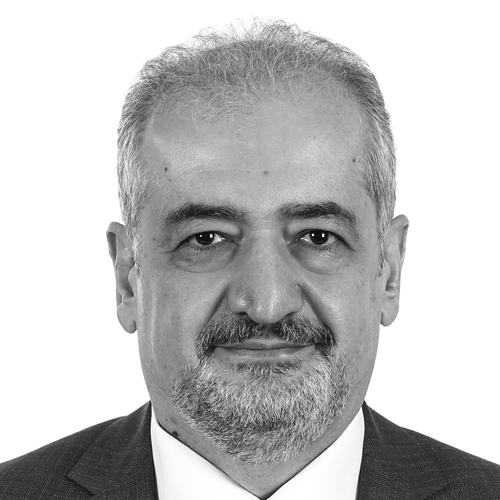Over the course of the last two decades, Türkiye’s investments in developing an autonomous defence industry have become one of the fundamental pillars of the country’s military and security strategy. This transformation has been driven by several interlinked factors. While the security landscape in Türkiye’s neighbourhood has undergone significant and often rapid changes, the lack of tangible support from its allies as well as the country’s desire to gain geopolitical advantage both regionally and globally have reinforced efforts to move towards self-sufficiency and have increased the nationalisation of its defence industry.
In terms of foreign policy, the prioritisation of national security interests has been seen in practice in various areas from countering terrorist threats in Syria to supporting the United Nations-backed Government of National Accord in Libya. In addition to these, the Turkish intervention in the Nagorno-Karabakh War alongside Azerbaijan, its ongoing balancing act in the Russia-Ukraine War and the growing global interest in Turkish drones are other prominent examples showcasing the interplay between the country’s defence and foreign policy. This session will analyse the objectives, challenges and prospects facing the Turkish defence industry while discussing how these factors play into the development of Turkish foreign policy.
Discussion Themes
What are the internal and external reasons that have driven Türkiye to seek self-sufficiency as well as autonomy in its defence industry?
What are the objectives of Türkiye’s defence policy and what are the issues and challenges the country faces in attaining them?
How do transformations in Türkiye’s foreign and defence policies impact geopolitical dynamics regionally and globally and how are these transformations themselves impacted by these dynamics?
How does the transformation of Türkiye’s defence industry contribute to the country’s political economy?




